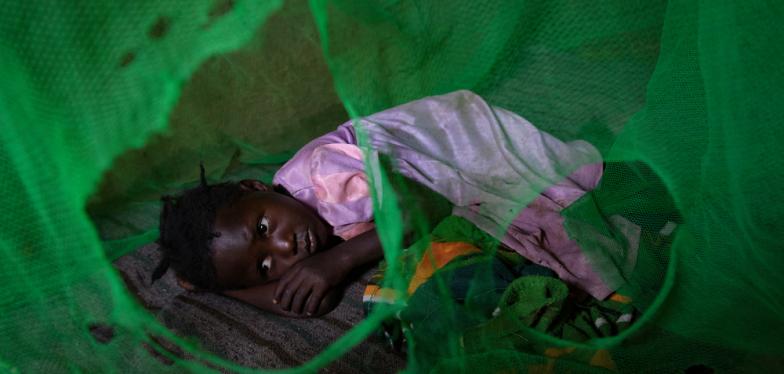A Belgian malaria vaccine
The first malaria vaccine, tested in three African countries after being designed and produced in Belgium, will be available to all children as recommended by the World Health Organization (WHO).

WHO Director-General Tedros Adhanom Ghebreyesus called it a historic day and praised the breakthrough "for science, for children's health and for malaria control" before the press. Malaria, also called "swamp fever", is an infectious disease spread by the bite of certain mosquitoes. The parasite infects the victim's liver cells and then circulates in the blood, colonising and destroying red blood cells. Malaria remains the largest parasitic disease, with 229 sufferers and 409,000 deaths in 2019. This disease mainly affects children under the age of five and pregnant women.
Mosquirix was developed by GSK in Belgium, partly in Rixensart, the town from which the vaccine takes its name. The Belgian vaccine stimulates children's immune systems to fight the deadliest of the five malaria pathogens (Plasmodium falciparum) and the most active in Africa. Mosquirix had already received approval from the European agency in 2015, but launched a full-scale test in Ghana, Kenya and Malawi, as the WHO wanted more results. The trial has been largely successful and has already resulted in the vaccination of more than 800,000 children.